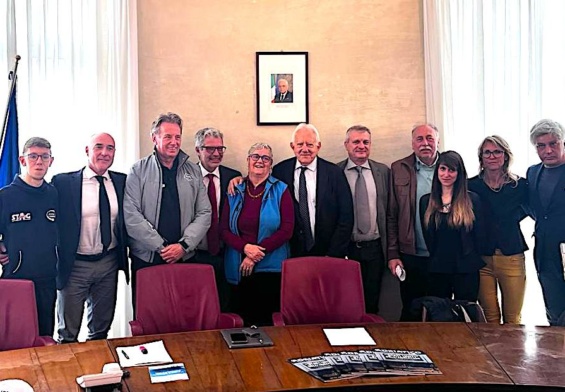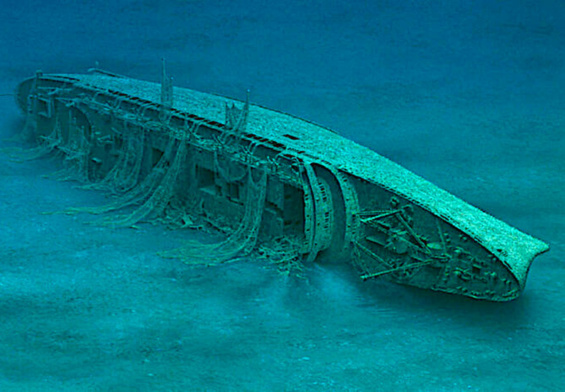Green Bubbles RISE*
Serena Lucrezi, Tourism Research in Economic Environs and Society, North-West University – E-mail: duratta@gmail.com
 THE STATE OF THE ART IN THE SCUBA DIVING INDUSTRY
THE STATE OF THE ART IN THE SCUBA DIVING INDUSTRY
It is globally recognised that SCUBA diving is a top mass tourism and leisure activity engaging millions of people, and generating revenue for local communities and marine reserves worldwide. It is known that SCUBA diving can have negative impacts, e.g. environmental or socio-cultural. On the other hand, it may also contribute positively to science, conservation, education and personal development, and interacts with industries from engineering to medicine for the benefit of the public beyond the diving community. However, the general potential that the SCUBA diving industry possesses can be either underestimated or unnoticed, failing to be exploited for the benefit of many, divers and non-divers. When attempting to tackle issues either affecting or caused by the SCUBA diving industry, anyone from scientists to businesses can fail to pay equal attention to all three elements underpinning a sustainable state in the SCUBA diving industry, namely economic, environmental, and social.
A PROJECT FOR SUSTAINABLE SCUBA DIVING
Green Bubbles is an EU research project run by a consortium of nine academic and non-academic entities in six countries (Italy, The Netherlands, Malta, Turkey, South Africa, USA). These come from disciplines spanning social science, environmental science, IT and computer science, medicine and engineering. With a four-year lifespan begun in 2015, the Green Bubbles project aims to maximise the benefits associated with SCUBA diving, whilst minimising its negative impacts. Reaching this objective can help the SCUBA diving industry achieve sustainability goals, which can in turn guarantee the future of the industry and of the resources it depends on.
MULTIPLE STRATEGIES FOR MULTIPLE AIMS
Placing strong emphasis on those SCUBA diving landscapes (e.g. high latitude) and diver typologies (e.g. technical, scientific) normally less investigated, Green Bubbles is working through strategies including: communication with key stakeholders in the SCUBA diving industry, from divers to business owners, staff, governance authorities and local residents of diving locations; assessment of the SCUBA diving tourism system and of businesses through case studies (Portofino MPA, Italy, and Ponta do Ouro PPMR, Southern Mozambique); scientific research and peer-review in medical, safety, social, environmental, engineering, and computer sciences; the development of new equipment and products; the development of new marketing strategies and business models for SCUBA diving operations; the development of effective Citizen Science programs to engage the diving community; the introduction of Ocean Literacy and SCUBA diving in schools; and the development of a new and holistic quality label for sustainable diving operations.
Green Bubbles wishes to provide an array of benefits to the SCUBA diving industry. In order to do so, the project is supervised by an external advisory board of experts from the industry and the academic world. Further, the project is organised into a set of activities, some of which encompass the inclusion and engagement of scuba divers through dissemination of data and research outputs, outreach, education, and participation. The inclusion of diving and Ocean Literacy in school curricula, the development of new business models, and that of the quality label for SCUBA diving operations can be envisaged as the three main long-term benefits by the project to the SCUBA diving industry.
Stay tuned for updates on our latest achievements and our plans for 2016!
Official website: www.greenbubbles.eu
E-mail: join@greenbubbles.eu
Social media hashtags: #GreenBubblesRISE, #GreenBubblesproject, #sustainable #diving
* Green Bubbles RISE is an EU-funded project under H2020-MSCA-RISE-2014. The project has received funding from the European Union Horizon 2020 research and innovation programme under the Marie Sklodowska-Curie grant agreement No. 643712. This material reflects only the authors’ view. The Research Executive Agency is not responsible for any use that may be made of the information it contains.





